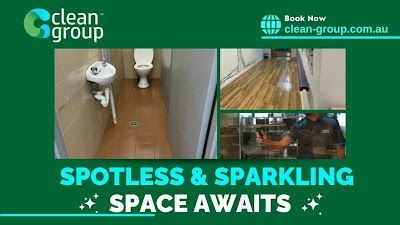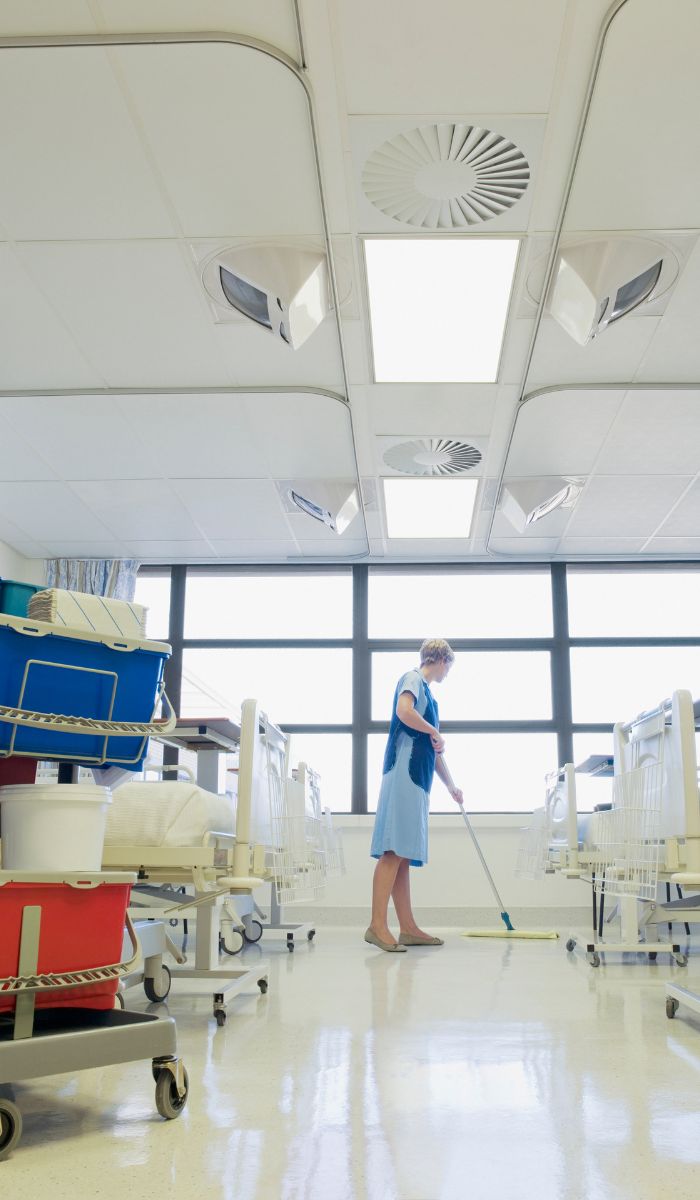
Outlook for Cleaning Demand
How can a business benefit from routine commercial cleaning services?
With the continued evolution of workplace culture and commercial real estate, the expectations placed on commercial cleaning services are becoming more complex and customized. Modern office spaces often include open floor plans, shared workstations, wellness rooms, lounges, and collaborative areas, all of which require tailored cleaning protocols to maintain hygiene without disrupting the flow or functionality of the space. Clients now expect not only cleanliness but a visibly clean environment that reassures both employees and visitors. At Clean Group, we offer Reliable Office Cleaners in Sydney tailored to meet the unique needs of every business. Whether you manage a small startup or a large corporate space, our Professional Office Cleaners in Sydney deliver consistent, high-quality cleaning solutions at competitive prices. With years of industry experience, our team is equipped with cutting-edge cleaning technologies and eco-friendly products to ensure your office is spotless, hygienic, and welcoming. From routine cleaning to deep disinfection and everything in between, we take pride in being one of the most trusted names in office cleaning services in Sydney. Comprehensive Office Cleaning Tailored for Your Business Clean Group provides all-inclusive office cleaning solutions, which include: Supply and replacement of bin liners and toilet rolls Thorough cleaning of office furniture, desks, and common areas Advanced carpet cleaning and floor care Deep cleaning and COVID-19 disinfection services Washroom sanitisation and office toiletries management Our services are designed to accommodate the specific needs of your workspace, with flexible scheduling options such as daily, weekly, or fortnightly cleaning routines.. This shift has prompted cleaning companies to refine their processes, prioritize aesthetics, and invest in staff who are trained not only in sanitation but in the professional, discreet presence required in client-facing environments.
Furthermore, there is a growing recognition of the link between cleaning and air quality. Regular cleaning of HVAC systems, carpets, and ventilation ducts ensures that airborne contaminants such as dust, mold, and allergens do not accumulate, which can significantly improve the quality of air in indoor environments. This is especially important in places like schools, offices, and homes, where poor air quality can contribute to respiratory issues, allergies, and other health problems. By using air purifiers and regular cleaning routines to reduce pollutants, businesses and homeowners alike can create healthier living and working environments.


